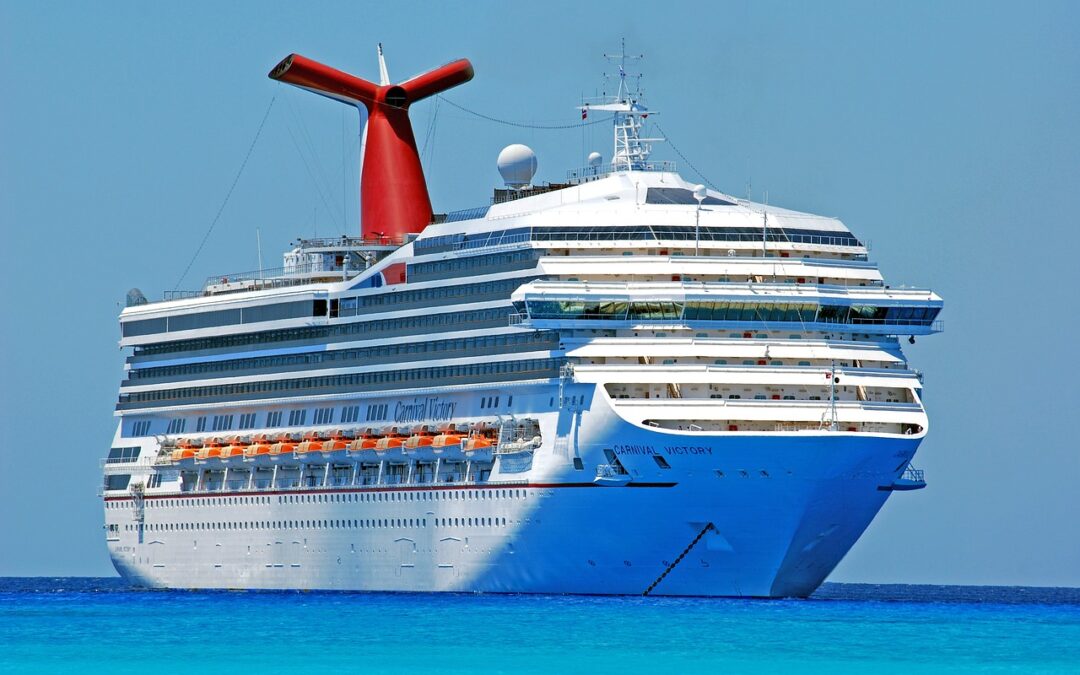As easily predictable, even products used in the maritime industry must undergo corrosion testing to assess their durability and safety in such an aggressive environment. Standards for the maritime industries identify three fields of application where salt spray tests are to be performed. The segments are summarized as follows:
- ship structure and machinery;
- marine equipment under Directive 2014/90/UE;
- off-shore structures.
For all segments just mentioned, comprehensive research of corrosion test methods has been accomplished by analysing standard references found among IMO Regulations and in several ship classification society Guidelines (DNV, GL, Lloyd and SGS). As usual, considering the relevant number of applicable international standards, the list is not intended to be complete.
Salt spray tests on ship structure and machinery
The corrosion tests for maritime applications, such as materials used for the construction, conversion, modification or repair of ships and associated machinery, are included in IMO Regulations.
In particular, Chapter 15.2 deals with anti-corrosion coatings where high importance is given to their preparation, application, inspection, personnel qualification and testing. Coating specifications (including test methods and acceptance criteria) shall comply with the requirements set by the following standards:
-
- MSC 215(82) – coatings for seawater ballast tanks. Laboratory tests shall be performed for 180 days, simulating tank conditions or by water condensation test.
-
- MSC 288(87) – coatings for cargo oil tanks of crude oil tankers. In this case, test procedures are chosen between a gas-tight cabinet test (90 days) and an immersion test (180 days).
-
- MSC 244(83) – protective coatings for void spaces on bulk carriers and oil tankers. Laboratory assessment should follow the method described in ISO 6270.
Corrosion tests on marine equipment under Directive 2014/90/UE
Marine equipment falling under the scope of DIR 2014/90/EU such as navigation and radiocommunication equipment is tested to assess the environmental resistance of products, as stated by the harmonized standard EN 60945. Since these products belong to the class of electrical and electronic components, test procedures to be used for assessing the compliance are defined by the IEC 60068-2, as follows:
-
- cold as per Test A
- dry heat as per Test B
- damp heat, cyclic (12 h + 12 h cycle) as per Test Db
- salt mist, cyclic (sodium chloride solution) as per Test Kb.
Salt spray tests on off-shore structures
Anti-corrosion coatings applied to steel structures such as off-shore units, wind turbines, inland navigation vessels, etc. can be subjected to both salt spray tests (i.e. ISO, 9227, ASTM B117) and water condensation (ISO 6270-1).
Since these coatings are typically paints and varnishes (organic coatings), after an accelerated corrosion test they require to be inspected as per ISO 4628 for evaluating coating degradation, quantity and size of defects and the degree of blistering, rusting, cracking, flaking and chalking.
Coating adhesion to substrates shall also be tested following ISO 4624 (Pull-off test) or as per one of the other performance tests already treated in our previous article.
What salt spray tests for maritime industries can we perform?
The complete salt spray test list that we make available to the customers includes more than 200 corrosion test methods in accordance with many international standards.
Browse our online catalogue, by typing the standard number or any other keyword search.
Are you not finding a suitable test matching your needs?
Contact us by phone: +39 351 723 9441 or by e-mail: material@materialscan.it
We are present throughout Italy to work alongside and provide technical support during the entire testing plan, from first contact to delivery of results.

